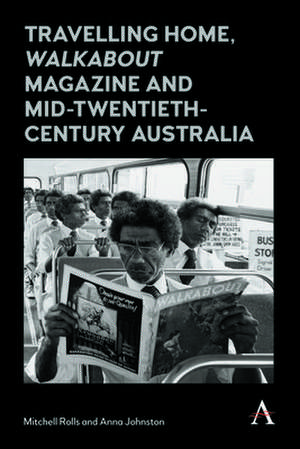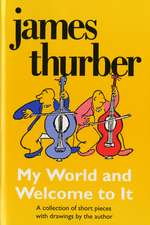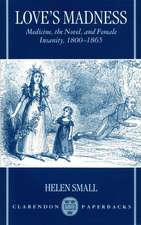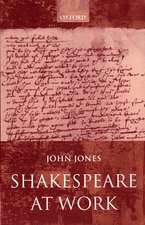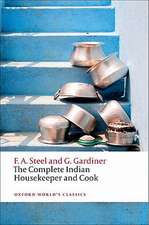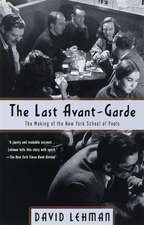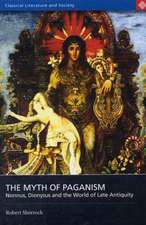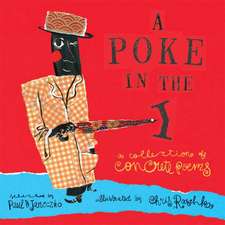Travelling Home
en Hardback – 6 iul 2016
'Travelling Home' provides a detailed analysis of the contribution that the mid twentieth-century 'Walkabout' magazine made to Australia's cultural history. Spanning five central decades of the twentieth century (1934-1974), 'Walkabout' was integral to Australia's sense of itself as a nation. By advocating travel--both vicarious and actual--'Walkabout' encouraged settler Australians to broaden their image of the nation and its place in the Pacific region. In this way, 'Walkabout' explicitly aimed to make its readers feel at home in their country, as well as including a diverse picture of Aboriginal and Pacific cultures. Like National Geographic in the United States, Walkabout presented a cornucopia of images and information that was accessible to a broad readership.
Given its wide availability and distribution, together with its accessible and entertaining content, 'Walkabout' changed how Australia was perceived, and the magazine is recalled with nostalgic fondness by most if not all of its former readers. Many urban readers learnt about Indigenous peoples and cultures through the many articles on these topics, and although these representations now seem dated and at times discriminatory, they provide a lens through which to see how contemporary attitudes about race and difference were defined and negotiated.
Drawing on interdisciplinary scholarship, 'Travelling Home' engages with key questions in literary, cultural, and Australian studies about national identity and modernity. The book's diverse topics demonstrate how 'Walkabout' canvassed subtle and shifting fields of representation. Grounded in the archival history of the magazine's production, the book addresses questions key to Australian cultural history. These include an investigation of middle-brow print culture and the writers who contributed to Walkabout, and the role of 'Walkabout' in presenting diverse and often conflicting information about Indigenous and other non-white cultures. Other chapters examine how popular natural history enabled scientists and readers alike to define an unique Australian landscape, and to debate how a modernising nation could preserve its bush while advocating industrial and agricultural development. While the nation is central to 'Walkabout' magazine's imagined world, Australia is always understood to be part of the Pacific region in complex ways that included neo-colonialism, and Pacific content was prominent in the magazine. Through complex and nuanced readings of Australian literary and cultural history, 'Travelling Home' reveals how vernacular understandings of key issues in Australia's cultural history were developed and debated in this accessible and entertaining magazine.
Preț: 676.22 lei
Preț vechi: 834.84 lei
-19% Nou
129.41€ • 140.52$ • 108.70£
Carte tipărită la comandă
Livrare economică 23 aprilie-07 mai
Specificații
Notă biografică
Mitchell Rolls is senior lecturer and programme director of Aboriginal Studies in the School of Humanities, University of Tasmania, Hobart, and president of the International Australian Studies Association. With a background in cultural anthropology, he works across disciplines to draw attention to the contextual subtleties underlying contemporary cultural constructions, identity politics and related postcolonial and settler colonial exigencies. He has published widely on these issues.
Anna Johnston is associate professor of English literature in the Institute for Advanced Studies, Humanities and the School of Communication and Arts, University of Queensland. She is also an Australian Research Council Future Fellow. A literary studies scholar specializing in colonial and postcolonial studies, she has a long-standing scholarly commitment to understanding Australian literature and culture in a transnational context and to working across disciplines to explain the aftermath of colonialism.
